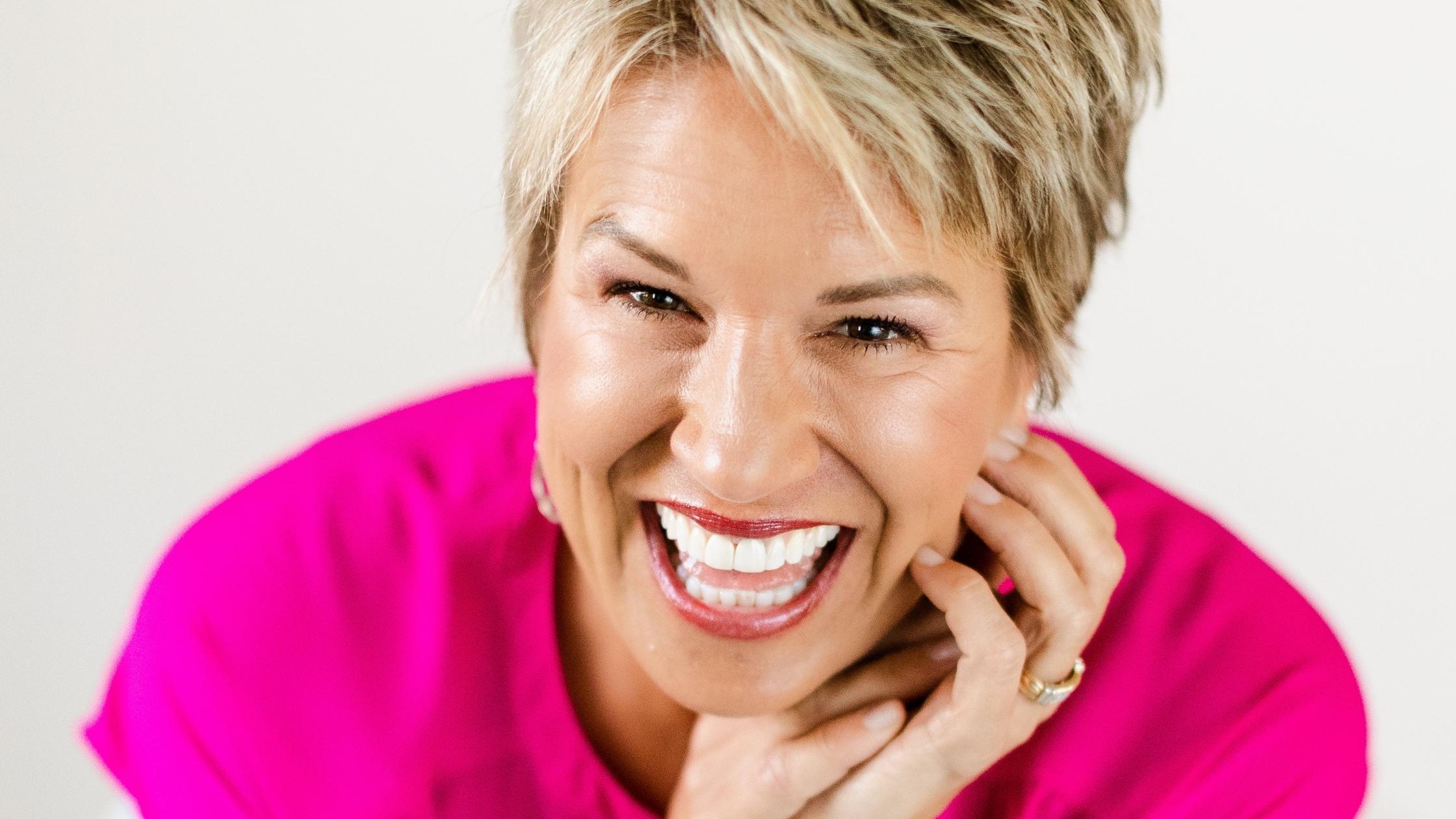Is it possible to create more happiness in our life?
Should we be interested in happiness, or is that silly?
I feel like we all want to be happier, but we are a bit afraid to admit it because it makes us feel like something is wrong in our lives. But creating intentional happiness habits in our lives improves every area of our lives.
But are we focusing on the wrong things? Yes, we are much of the time, but I’m about to give you an education on the Science of Happiness.
What’s in the episode:
- The things we chase in hopes of fulfillment
- Understanding the components of happiness
- The control you have over your happiness
- A happiness strategy to help when you feel down
“We get to create our happiness from the inside out. ”
– Kim Strobel
If you enjoy this episode and it inspired you in some way, I’d love to hear about it and know your biggest takeaway. Take a screenshot of you listening on your device, post it to your Instagram Stories and tag me, @kimstrobeljoy.
I would also love if you subscribed to the podcast and left a review at https://podcasts.apple.com/us/podcast/she-finds-joy/id1487739752
Kim’s Happy Academy is Open!
If you’re tired of putting yourself on the back-burner and ready to learn powerful strategies for increasing your happiness levels and reclaiming your life, you might want to grab a spot on the Happy Academy Waitlist. Over 17,000 people signed up for this 10-month program last year, now it’s your turn! Register at the link below!

